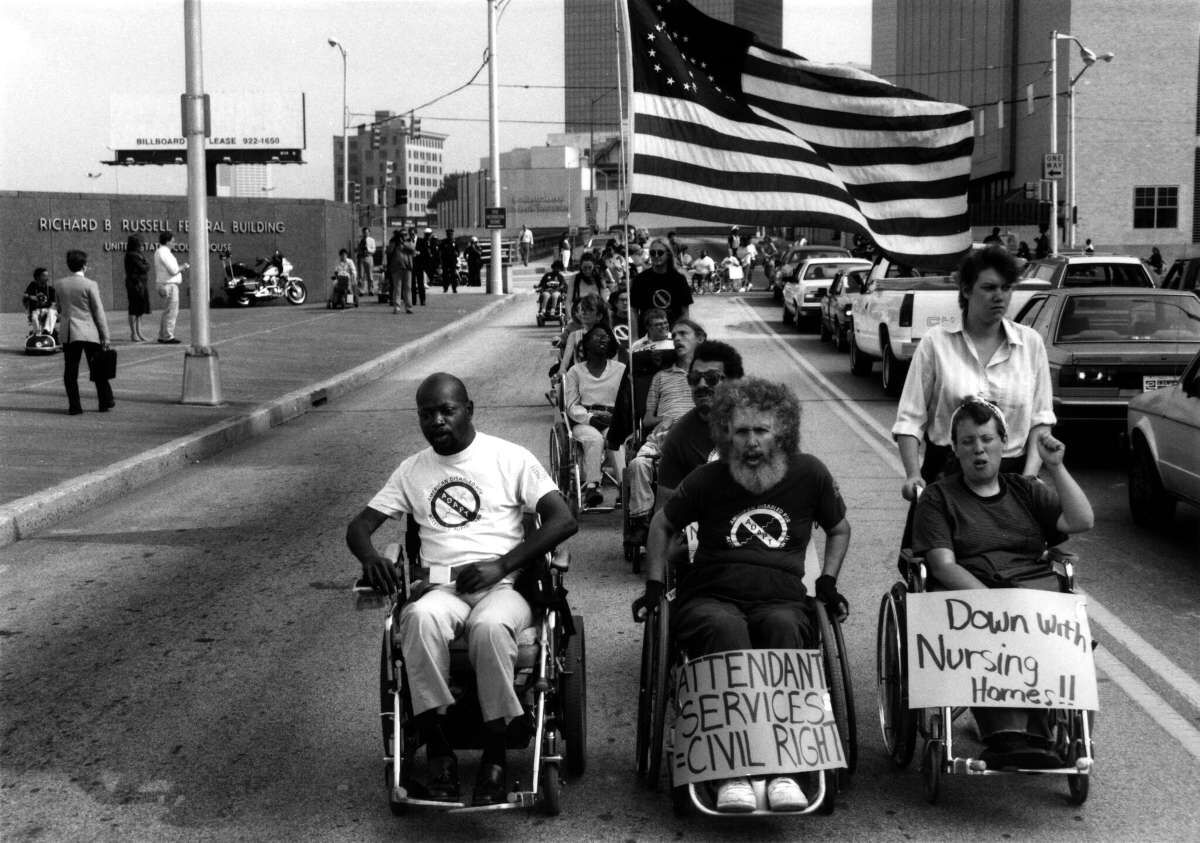Body Politic: Disability and Political Cohesion
Papers and Supplementary Materials
Project Summary
The Centers for Disease Control and Prevention (CDC) estimates that between a fifth and a quarter of Americans lives with some form of functional disability. Disability is an embodied characteristic and a complex social category with clear links to politics. Nevertheless, political scientists have only a superficial understanding of how disability shapes political behavior. In particular, whereas some work considers the impact of disability on political participation, almost no empirical work has examined the implications of disability for political psychology. My dissertation addresses this gap by examining the role of disability in shaping the political identities of disabled Americans.
Existing work argues that social identities become politically salient via processes of political mobilization; either from the top-down by political elites, or from the grassroots through intragroup contact and acculturation. I argue that these processes are theoretically unlikely to apply to disabled Americans. People with disabilities have not been systematically mobilized by partisan elites, and tend to lack the dense social networks that facilitate the development of political consciousness from the grassroots. On the other hand, disability is a central feature of US civil rights law and redistributive policy, and Americans with diverse impairments have repeatedly exhibited a willingness to engage in costly collective action on the basis of their shared disability status. Addressing this puzzle, my dissertation offers a novel theoretical account linking identification with disability (“Disability ID”) to political attitudes and behavior via two political processes: (1) exposure to ableist stigma and discrimination, and (2) processes of policy feedback which link disability to redistributive rights and entitlements.
I test this theory using data from three original national surveys of American adults with disabilities, and with nationally representative data from the ANES 2024 Pilot Study. I find that Disability ID is a robust predictor of Democratic partisanship, ideological liberalism, and support for a wide array of redistributive policies. Further, I find that Disability ID is a cross-cutting identity, with the policy preferences of Republicans and conservatives converging with those of liberals and Democrats at high levels of Disability ID. Finally, I find that individuals with a strong Disability ID are mobilized by exposure to disability rights protests, even when such protests stand to benefit only a subset of group members, and are framed as highly disruptive.
Disability Rights Protesters in Georgia. Photography by Tom Olin.
